Let’s assume for a moment that last week’s search and seizure at the home and office of John Bolton, the former national security adviser, was a sound and justifiable use of federal law enforcement resources.
Yes, there are many obvious reasons to suggest Bolton’s targeting is unfair political retribution. A longtime Republican government official, lawyer, and onetime aide to Donald Trump, he has become among the president’s most unrelenting critics. It’s certainly suspicious that Friday’s raid came just days after Bolton criticized, on national television, Trump’s approach to the Russia war with Ukraine. It’s a fact that Bolton was identified as a member of the “enemies list” compiled by future FBI director Kash Patel in his 2023 book, Government Gangsters. And Trump himself is constantly indicating his prejudiced view toward Bolton.
“I’m not a fan of John Bolton. I thought he was a sleazebag, actually,” Trump said in the Oval Office on Friday, just after calling himself the “chief law enforcement officer, believe it or not.” (Don’t believe it, since that unofficial title more accurately refers to the attorney general.)
But if this apparent investigation into Bolton over whether he has illegally shared or possessed classified information is based on actual evidence, how would things have unfurled?
We can start at the end of the story with the raids themselves. The FBI agents who entered Bolton’s home in Maryland and office in Washington, D.C., would have had to obtain search warrants in both jurisdictions. The legal threshold for a search warrant is probable cause, a standard of proof that is stronger than reasonable suspicion, because it requires law enforcement to believe both that a crime has been committed and that evidence of that crime is present at the property.
The federal judges in Maryland and Washington who signed the warrants appear to have been satisfied that the Justice Department reached this relatively low standard, which is also the standard for a grand jury to issue an indictment. Prosecutors would need to prove far more, at the “beyond a reasonable doubt” standard, to secure a guilty verdict in a criminal trial.
But we’re getting ahead of ourselves, since the Justice Department has not yet announced it is charging Bolton with anything, and we know very little about what sort of case the feds have been building. As Bolton himself put it after the FBI searched Trump’s Mar-a-Lago home in 2022 during an investigation into retention of classified documents, it’s important to “let the legal process play out” before jumping to any conclusions.
We can, however, consider how any investigation into unlawful retention of classified information might proceed.
One former Justice Department official laid it out to me this way: There are two paths in a classified-documents investigation that might lead to search and seizure. The first involves current government employees or contractors who the feds believe are actively holding onto classified information—think of a military intelligence officer downloading sensitive material to an external hard drive, or a State Department aide slipping copies of classified cables into his briefcase to take home. Investigators are monitoring a suspect’s activity and are looking to conduct a raid at an opportune time.
We can safely say this is unlikely to be the case with Bolton. It has been nearly six years since he left his last job in the federal government, when Trump fired him as national security adviser in September 2019. Bolton’s security clearance was not revoked until Trump was inaugurated for his second term in January, but that clearance would not have necessarily given Bolton access to facilities where classified material is stored or viewed. It’s possible Bolton could have followed the example of one of his predecessors, a former national security adviser for Bill Clinton named Sandy Berger, who in 2003 removed documents from the National Archives without authorization and later pleaded guilty to a misdemeanor charge. Possible, maybe, but not likely.
The second path is one fairly familiar in recent years. A former official has, in the course of leaving office, retained documents and information that rightfully belong to the federal government, either by accident, carelessness, or ill intent. The first goal in these instances is not to pursue criminal prosecution but to secure the return of the classified documents—in other words, to ask for them back. The main reason the feds might pursue a warrant for search and seizure would be if an official refuses to fully cooperate and all other efforts to retrieve those documents proved fruitless. A raid like what Bolton faced Friday would, under normal circumstances, be an action of last resort.
Helpfully, we have some recent experience with this kind of situation, involving three of the most high-ranking executive-branch officials of the last decade: Joe Biden, Mike Pence, and Trump himself.
In Biden’s case, the then-president’s private attorneys in late 2022 found classified documents from Biden’s tenure as vice president at his former office and in his home. They alerted the National Archives, which retrieved the documents. A further joint investigation by Biden’s attorneys and the FBI found additional classified materials, and Attorney General Merrick Garland soon appointed a special counsel named Robert Hur to investigate. (Hur’s final report concluded Biden was not guilty of knowingly retaining and sharing classified information and did not recommend charges, but the report caused a political firestorm due to its description of the then-president as an old man with memory issues.)
As this investigation was just beginning in early 2023, Pence’s own private attorney discovered the former vice president had also retained classified documents, and he also alerted the authorities. Over the course of a few days in January 2023, FBI agents took back some of the documents while Pence’s lawyer returned others. A couple of weeks later, Pence consented to an FBI search of his Indiana home, which found one more classified document. In June 2023, the Justice Department declared it would not seek charges against the former vice president.
Both cases were markedly different from the case involving Trump’s retention of classified documents at Mar-a-Lago, which resulted in criminal charges against Trump, one of his personal aides, and a Mar-a-Lago staffer. That saga, in brief, involved the National Archives discovering Trump had retained boxes of material from his first presidential term that should have been transferred to the archives under federal law. After nine months of attempting but failing to retrieve all of the required documents from Trump, the National Archives referred the matter to the Justice Department in February 2022. An investigation ensued, a grand jury issued a subpoena for the remaining documents, and even after Trump returned some of them, the FBI discovered new evidence that Trump had directed additional documents to be hidden from his lawyers and the feds.
That entire pattern of facts is what led to the FBI raiding Mar-a-Lago in August 2022—a move of last resort after months and months of resistance from Trump.
While Trump and his movement have continually cast that raid and the prosecution that followed as part of a legal witch hunt, the facts, as laid out by special counsel Jack Smith, were straightforward: Trump knowingly held onto material that rightfully belonged to the government, and resisted efforts by the government to retrieve it. The dismissal of the case by federal judge Aileen Cannon over the question of Smith’s appointment as special counsel had nothing to do with the material facts.
What does all of this have to do with John Bolton? Facts could emerge that show a similar pattern of resistance on Bolton’s part. His 2020 book, The Room Where It Happened, was the subject of an intense effort by the first Trump administration to block its publication over supposed concerns the book could contain classified information. Even after one review by a career government official at the National Security Council cleared Bolton’s book for publication, political appointees insisted on a second review from another official.
But despite the administration’s efforts, including an attempt to get a restraining order just days before publication, the book was published in June 2020. Trump’s Justice Department launched a criminal investigation into Bolton shortly thereafter, as well as a civil lawsuit, both of which Biden’s Justice Department ended in July 2021.
Friday’s raid could be related to the reopening of that investigation, or it could be part of a new one. But regardless, if this raid was conducted properly and above board, we should expect to see some kind of evidence that Bolton and his lawyers thwarted the government’s attempts to retrieve any classified documents or otherwise impeded the investigation.
Perhaps that’s what happened. Or perhaps the Trump administration—which has used its power to go after law firms, universities, and government agencies the president doesn’t like—is operating well outside the lines of good government and just law enforcement. We shall see.
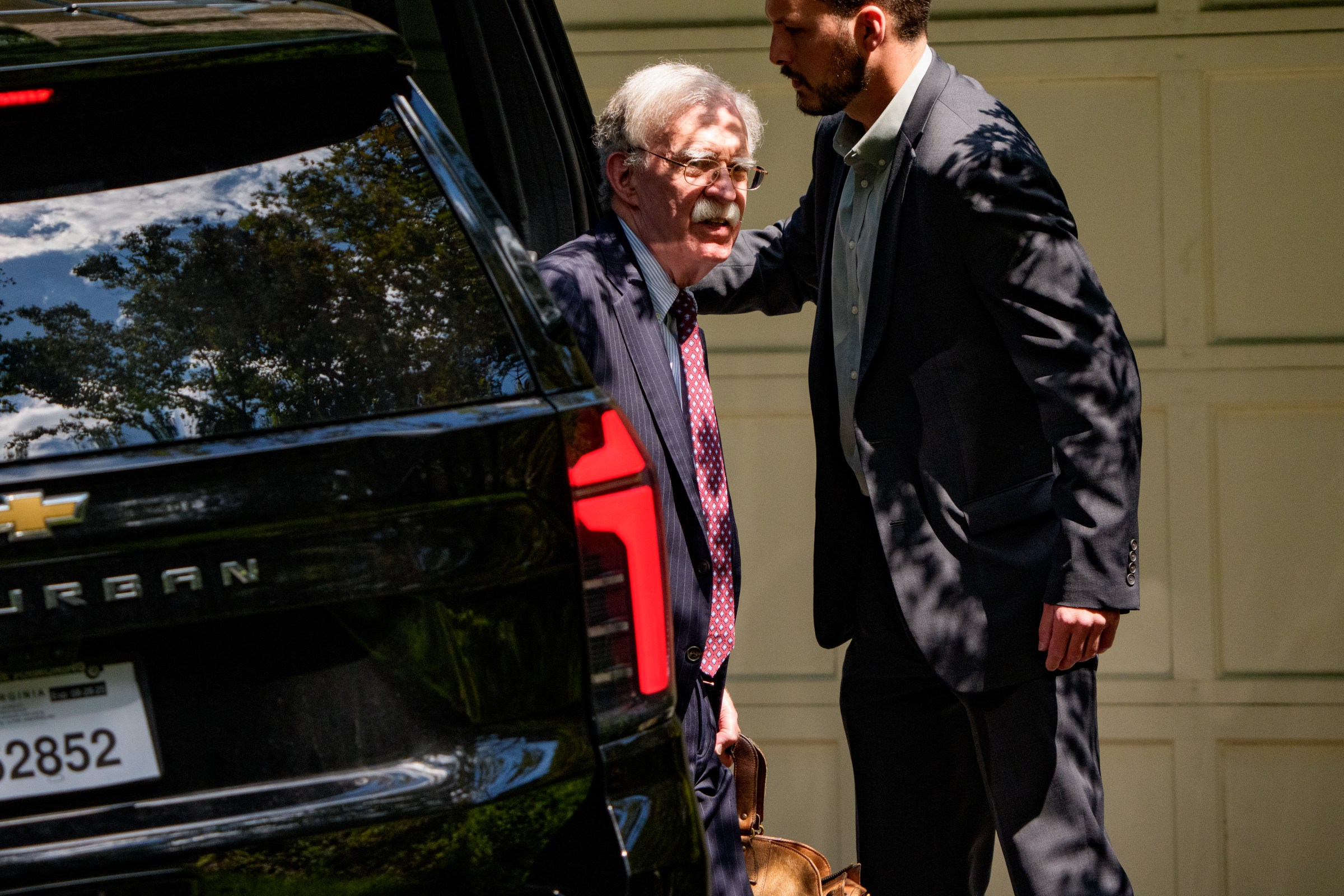

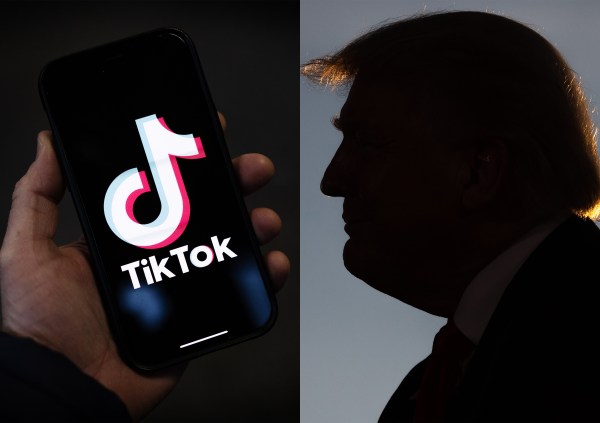
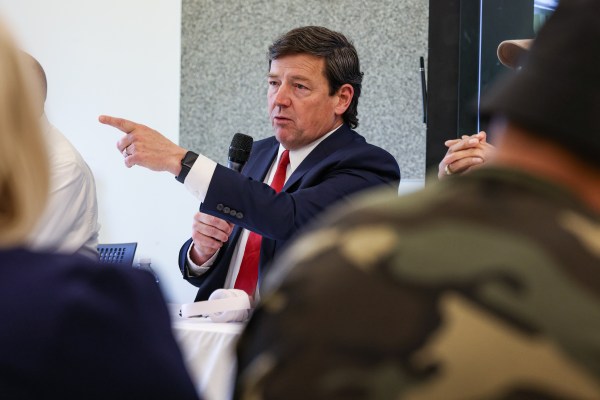
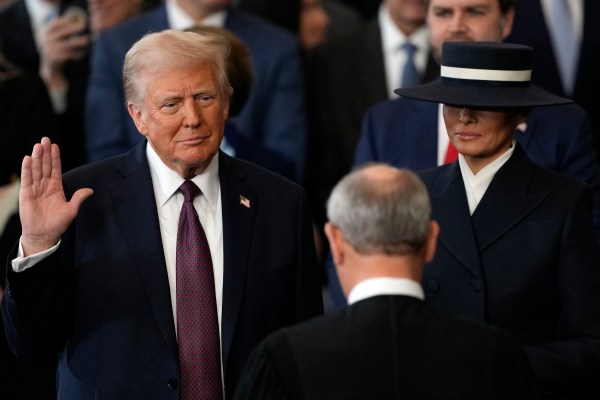


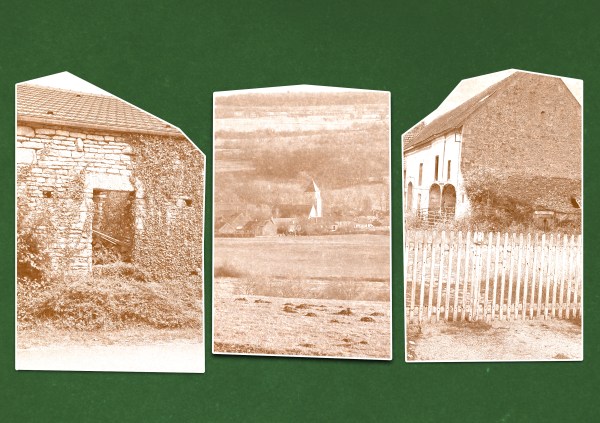


Please note that we at The Dispatch hold ourselves, our work, and our commenters to a higher standard than other places on the internet. We welcome comments that foster genuine debate or discussion—including comments critical of us or our work—but responses that include ad hominem attacks on fellow Dispatch members or are intended to stoke fear and anger may be moderated.
With your membership, you only have the ability to comment on The Morning Dispatch articles. Consider upgrading to join the conversation everywhere.